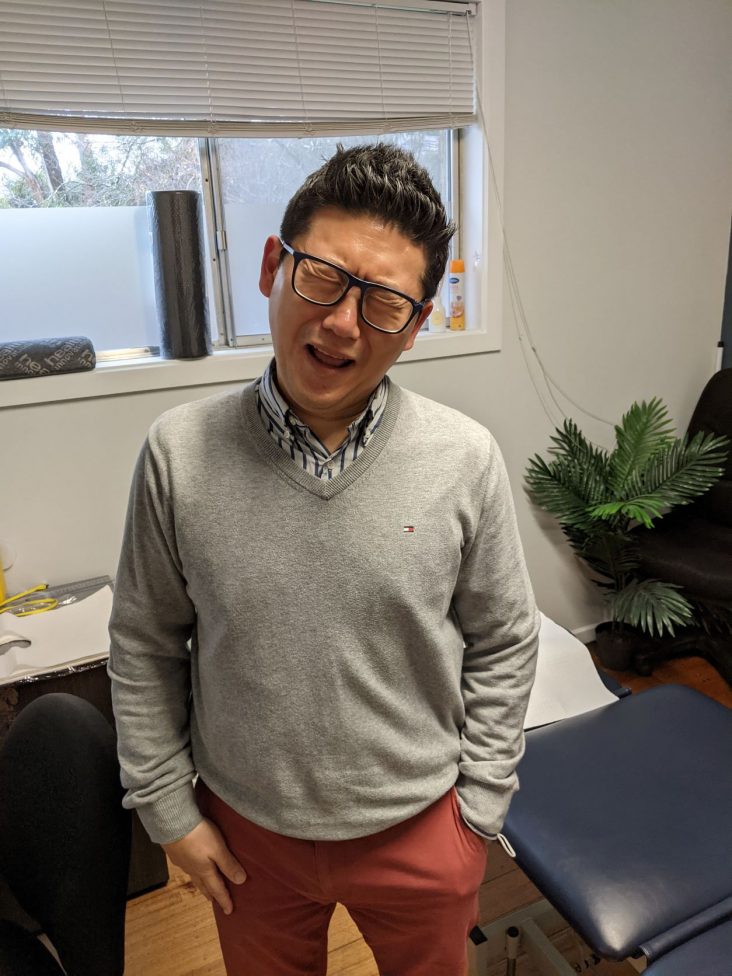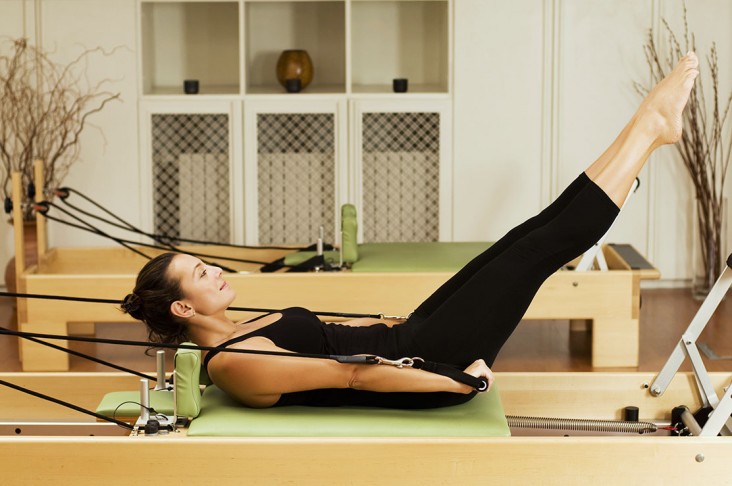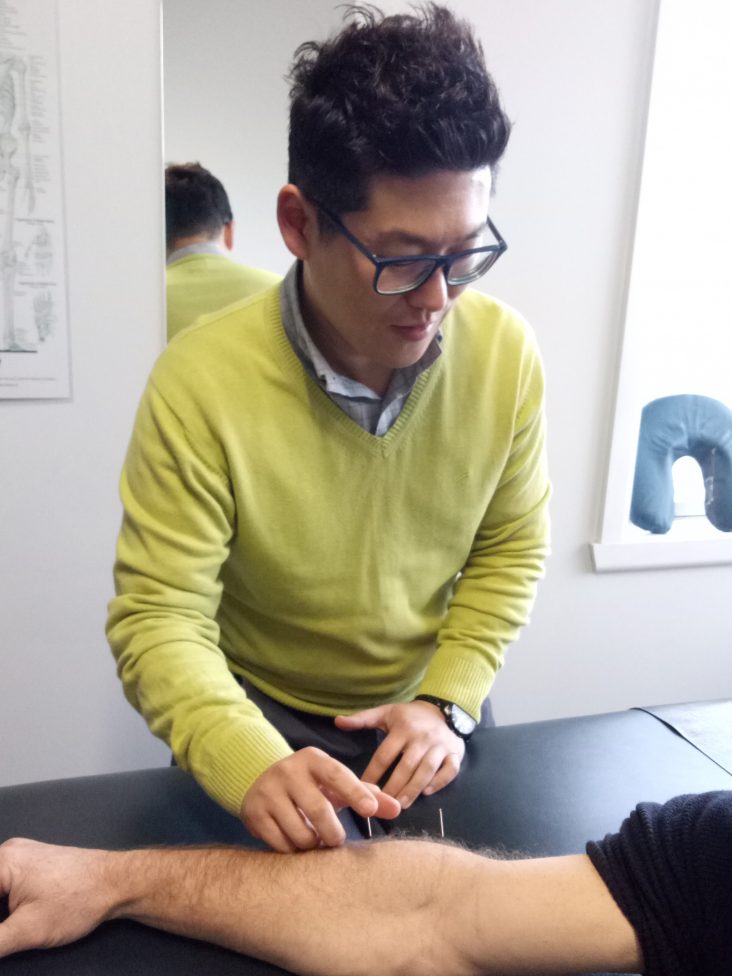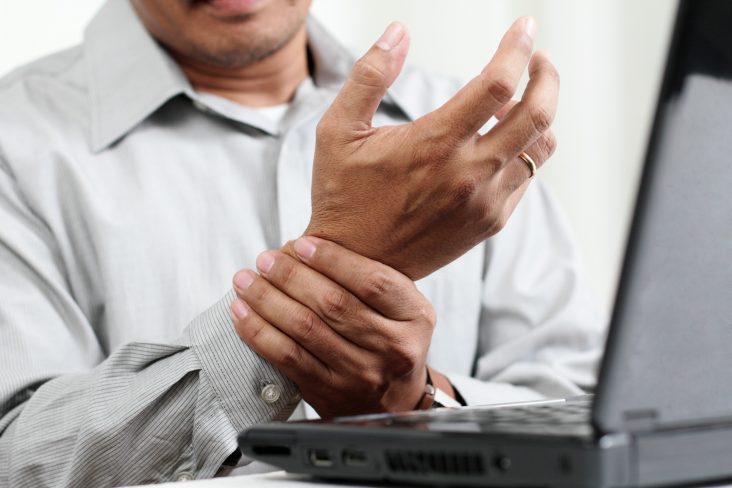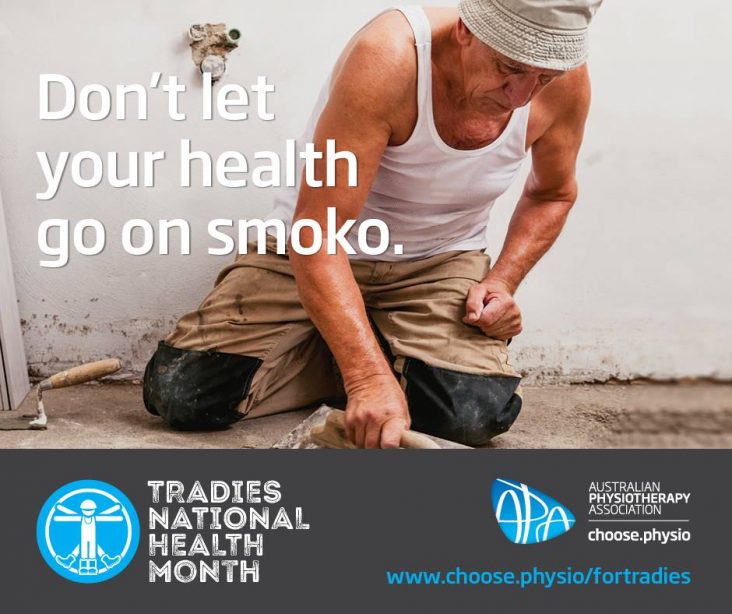GLA:D®, from ‘Good Life with osteoArthritis in Denmark’, is an education and exercise program developed by researchers in Denmark for people with hip or knee osteoarthritis symptoms. It was then brought to Australia in 2016 to help Australians with hip or knee osteoarthritis.
What does GLA:D® involve?
This education and exercise program reflects the latest evidence in osteoarthritis (OA) research. It also includes feedback from people with OA and trainers on what works in the real world to help patients manage OA symptoms.
GLA:D® Australia is run in private, public, and hospital physiotherapy clinics. The cost of the program can vary depending on the location. Please discuss this with your physiotherapist. You do not need a referral from your doctor.
Eligible participants may be able to use Medicare funding to cover costs of assessments and some people may be eligible to access publicly-funded services. Private health claims should be discussed with your insurer.
The GLA:D® Australia program consists of:
- An initial appointment to explain the program and measure your current functional ability
- Two education sessions which teach you about OA, its risk factors, treatment options, and self-management strategies.
- Group exercise sessions twice a week for six weeks to improve your control of the joint, your confidence in the joint and your strength
- A review at 3-months with your physiotherapist to discuss progress and goals, and re-measure your functional ability
- Completion of a questionnaire on registration with the program, and then again at 3 and 12 months after registration to measure changes in areas such as pain, function, quality of life, and medication use.
Can I Participate in GLA:D® Australia?
GLA:D® Australia is a program for all individuals who experience any hip and/or knee pain or symptoms of OA, regardless of severity.
You may participate in the GLA:D® Australia program if you have a hip or knee joint problem that resulted in visiting a health care provider.
You may need to explore other options than the GLA:D® Australia program if:
- You have other reasons for your hip and/or knee pain, including: tumor, inflammatory joint disease, results of leg fracture, soft tissue or connective tissue problems
- You have other symptoms that are more pronounced than the osteoarthritis problems (for example chronic generalized pain or fibromyalgia)
- You are unable to understand and communicate in English
However, there may be parts of the program that will still be helpful for you. Your physiotherapist will discuss your best treatment options with you as part of the assessment process.
Osteoarthritis Treatment in Australia
Osteoarthritis is the most common lifestyle disease in individuals 65 year of age and older, but can also affect individuals as young as 30 years of age.
Current national and international clinical guidelines recommend patient education, exercise and weight management as first line treatment for everyone with osteoarthritis.
In Australia, treatment usually focuses on medications and surgery. The GLA:D® Australia program offers a safe alternative that may reduce your need for medications, avoid the need for surgery, and improve your ability to participate more actively in work and recreational activities.
This program is unique in that the education and exercises provided can be applied to everyday activities, ensuring participants develop skills to self-manage their osteoarthritis. By strengthening and improving confidence with exercise, participants develop better capacity to become or stay active, prevent symptom progression, and reduce pain.
Research and the GLA:D® Program
Research from the GLA:D® program in Australia (GLA:D® Australia Annual Report 2020) found an average reduction in pain of 27% (hip) and 33% (knee), improved quality of life by 20% (hip) and 29% (knee), and reduced usage of pain medication by 45% (hip) and 49% (knee). It was also found that less people desired surgery after completing the program.
GLA:D® Australia continues to collect information from participants so that it can keep working towards improving access to the best possible care for people with osteoarthritis.

Please contact our friendly reception team for more information if you are interested in participating in the GLAD program.




